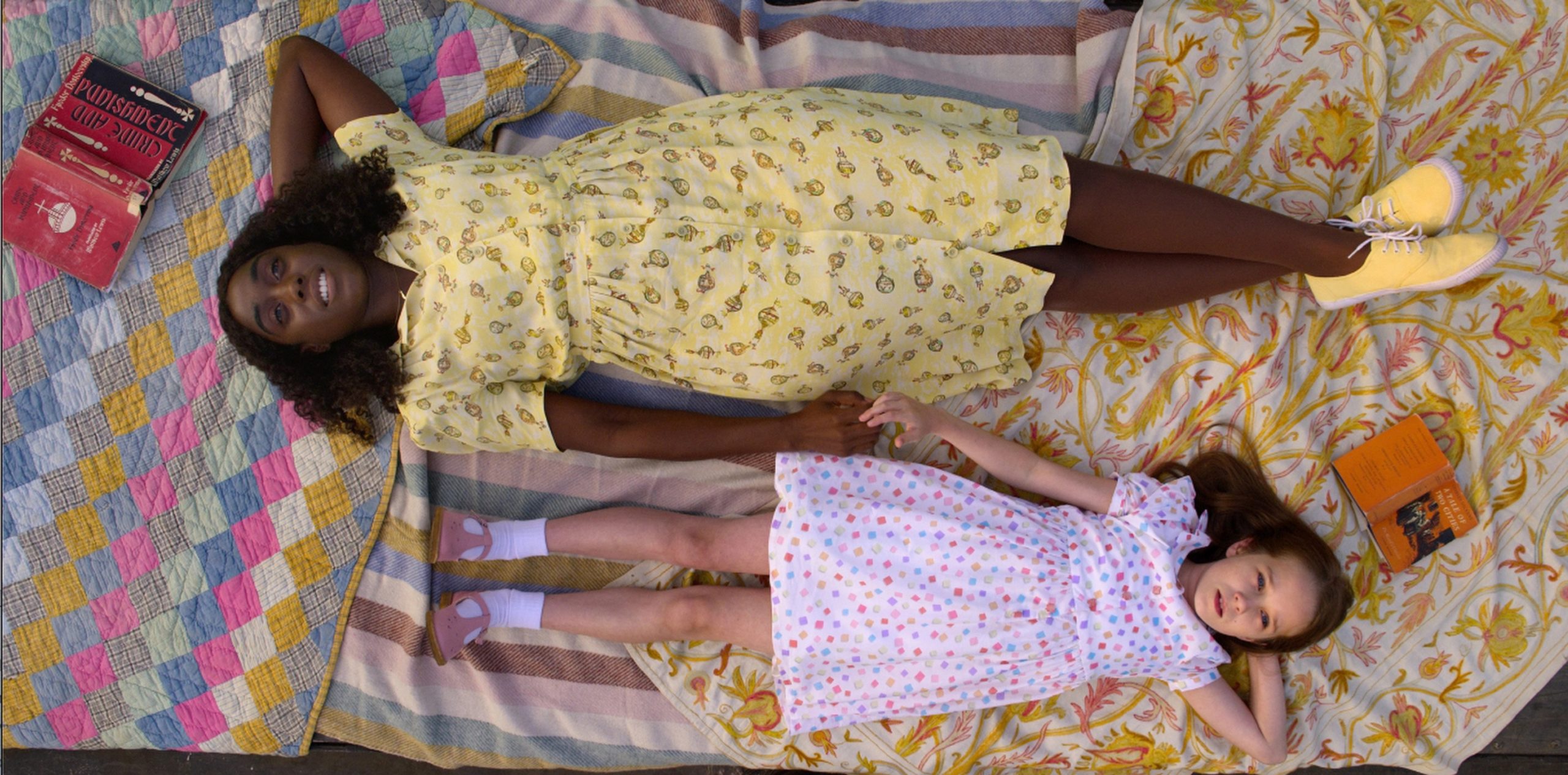One rubric I use to understand how I feel about a musical is whether or not I “achieved liftoff.” I have invented this metric because no other phrase seems to describe this thing that happens to me during an excellent musical.
If everything comes together just right, it’s a kind of ecstasy. I will lean out of my seat, or gasp quietly in my throat, or weep. I feel like I don’t blink. I watch every background performer, every movement, every note, as if I’m studying to memorize them. Everything else ceases to exist. I feel like a sports announcer yelling in delighted disbelief as a once-in-a-lifetime play unfolds. I want to ask everyone around me, “Did you see that?!” I want to go door-to-door and tell people about it.
I can experience a moment like that over and over, watching the magic trick repeat. I can never figure out how it works, because it’s always more than the sum of its parts. I never tire of watching the alchemy happen.
But capturing the alchemy onscreen is hard. Movie musicals are so fraught with expectation, burdened with budget. So many movie musicals lack the courage to get wildly creative, to smash open our sense of meaning the way only a musical can. Even more movie musicals can’t get there because there’s no golden core of thematic resonance to reveal. They don’t ever manage to locate the beating heart of their story, the kind of pathos that inspires obsession.
Matilda the Musical doesn’t have these problems. Each song is staged with some kind of mesmerizing innovation, some surprise that unfurls dramatically and clicks satisfyingly into place. And each song, composed by the genius Tim Minchin, pulls out some core emotion in the Matilda story. It cuts to the fundamentals of why it hits so hard for children and inner children.
Matilda isn’t just about a little girl at a bad school. It’s about neglect, living under authoritarianism, the bittersweet combination of freedom and powerlessness that is childhood, solidarity, organized resistance, the power of stories themselves, and the transformative beauty of found family. Matilda isn’t only for children; it’s for anyone who ever was a child and remembers how it felt. It’s for adults who get the sneaking sense their child self is still knocking around inside them, still having big feelings and voicing big dreams.
Even if you don’t think that’s you, watching Matilda the Musical might make you realize otherwise. It might crack open something raw inside you you’d forgotten was even there.
That’s what a good musical can do. It extracts and reflects pieces of your heart, and it proves that they’re so universal that a cast can sing along.
Featured image: Lashana Lynch as Miss Honey and Alisha Weir as Matilda in Roald Dahl’s Matilda the Musical, © Netflix

